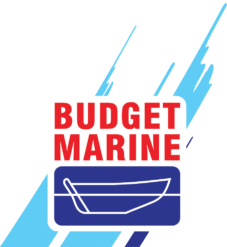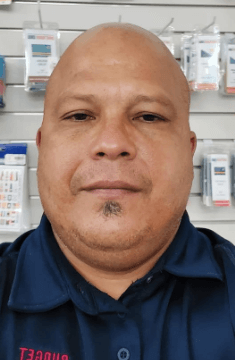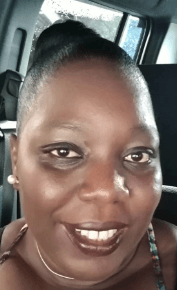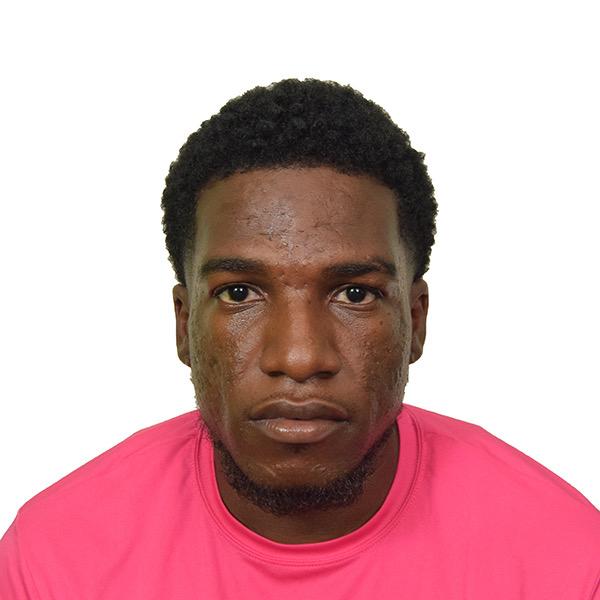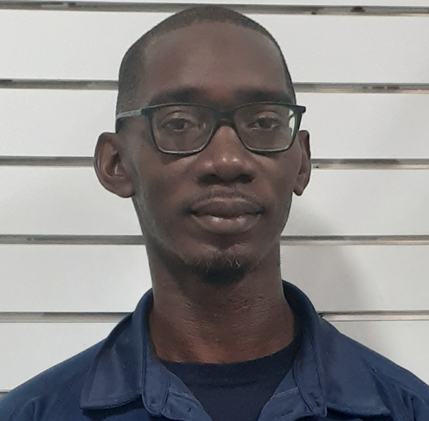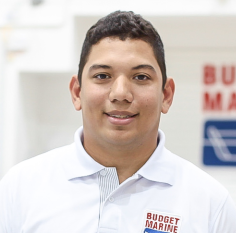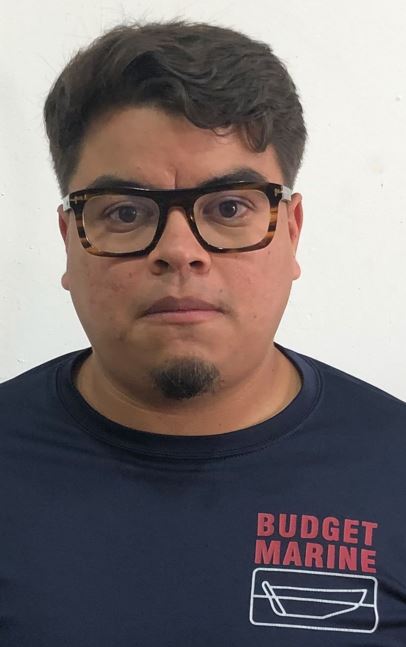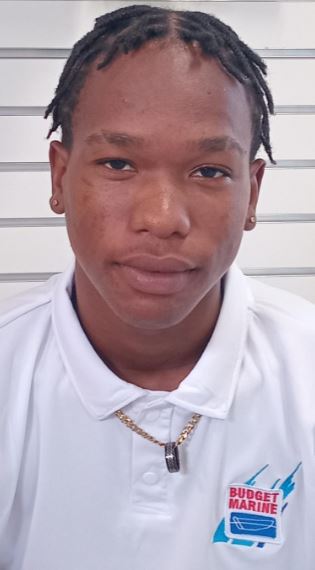The best way to stay safe during a hurricane, if you plan to remain in the Caribbean, is to move south of latitude 12 degrees north. Since 1960 only two hurricanes have passed over or near Grenada (Grenada is about 12 degrees north latitude). The rule seems to be is that the further south you are in the Caribbean the less likely you will be caught up in a hurricane. As the hurricane season gets older, hurricanes form further to the north and west.
Islands such as Trinidad, Grenada and Curacao are safe havens with excellent haul out and boat repair facilities, but together with Tobago, Aruba and Bonaire they also provide the opportunity to explore a different cruising world and have a load of fun.
Trinidad & Tobago
In the heart of Trinidad’s busy Chaguaramas boating centre, a comprehensive spread of conveniently grouped boatyards and marine services, is the Budget Marine chandlery. Focusing strongly on boat repair and maintenance, this is where you will find what you need to tackle almost any boat project, as well as essentials for cruising in the area.
And when your projects are done, take time to discover Trinidad’s world renowned birdlife or take part in the bacchanal of Carnival. Clothe your crew and refurbish your cushions from the rich variety of fabric shops in Port of Spain, provision your boat economically and make this your hop off point for voyages to explore the giant rivers of South America – Monamo, Macareo, Orinoco, Essequibo..…
In this hot and humid environment you need protection from mosquitoes, whether your boat is on the hard, or taking a winding journey into vast estuaries and tropical forest. A good hatch cover with mosquito net is a good idea and mosquito nets intended for beds can easily be hung and draped over the cockpit or made to seal the companionway with hook and loop sew on or stick on tape. Once all openings are covered with netting, clear the boat interior with an electric mosquito swatter for an unmolested night of sleep.
Other essentials for a river trip are:
- A reliable depth sounder, a good pair of binoculars, a bird watching guide and camera.
- Robust Jerry Jugs for water and fuel are a must. The heavily silted river is not the place to run your watermaker, but plentiful rain can be caught and you can save on precious drinking water by using your deck wash pump to bring the tea-coloured, but soft, fresh river water on deck for showering.
- A rowing dinghy or a single or double kayak is the best way to glide silently into the narrower “canos” without disturbing the wild life with an outboard engine. If you have little space to stow a kayak and want great exercise and a different perspective while exploring the rivers, an inflatable paddle board is a great way to see the sights.
Grenada
Haul out or tackle your boat project in a marina or at anchor in one of the many sheltered bays – but don’t forget to take a break, as this is one of the most friendly, safe and socially active islands in the Caribbean. Join the Hash Harriers and run or walk various hiking trails followed by delicious “oil down”, attend a Dinghy Concert for a uniquely Grenadian musical experience, float on a Full Moon Dinghy Drift, test your skills at Match Racing, go to Gouave for a feast on Fish Friday, or feel the sand beneath your toes as you barbecue on the beach at Hog Island.
Relax in a hammock strung between the trees and rock to the sound of talented local musicians on the beach. Pack a cooler, some picnic essentials, and a barbeque and you can make your own party anywhere. Grenada has some beautiful beaches, and all of them are public. Regardless of whether you are looking for a party or looking for seclusion, with 45 beaches to choose from, you will find what you are looking for on Grenada.
See that the heady mix of music, sun and rum don’t take their toll and that you travel safely by dinghy, especially at night. Equip your dinghy with safety lights. If you don’t want to permanently attach lights to your dinghy, use battery lights that can be removed or even a headlamp (led headlights). Your phone or a good waterproof VHF handheld radio is your communication lifeline should your outboard fail. You might find that replacing your phone in the Caribbean can be more expensive than you would expect, especially if you bought your phone with a phone service back home, so a waterproof case is a really good investment.
The ABC Islands
Curacao and Aruba have full service boatyards, while Bonaire is limited in draft of what can be hauled. On each of the ABC islands, marine services and well stocked stores will be able to help you fix that pesky problem on your boat. …but never mind problems, come and enjoy the watersports playgrounds. Go out and play – on, in and under the water! You can enjoy wind surfing, kite surfing, paddle boarding, fishing, swimming, snorkeling and diving on the spectacular and pristine reefs Bonaire offers secure moorings in the calm bay in front of town in the midst of Bonaire’s famous marine park. Curacao’s protected anchorage in Spanish Waters offers a clam place to base from while enjoying the culture, shopping and watersports of Curacao. Aruba offers marinas in the heart of the action or quiet spots which ever you prefer. Want to hit the water, the beach, casinos or shopping, this bustling island has what you need. Heading to Panama? Remember these are your last Budget Marine stores on the way!
While you are having fun, Respect the Elements. Rash guards and tech T-shirts, UV shorts, caps, visors and sunglasses and long lasting waterproof sun block and lip balm are essential protection.
